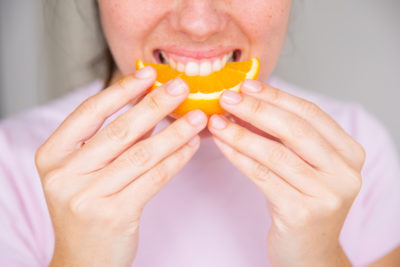
And if you Googled Cyberchondria, you have a serious problem!
But don’t fret, many other Americans, 35-percent in fact, admit to self-diagnosing their medical issues online. This is according to a recent study from Pew Research Center’s Internet and American Life Project, who polled 3,000 adults living across the U.S. concerning their online research habits when it comes to health.
And even though the study was not meant to be a disparaging comment on internet medical literature, it uncovered many surprising trends when it came to self-diagnosing medical conditions online…
The study revealed that:
- 72-percent (or 8 in 10) admitted to turning to the Internet for health information—both to learn about serious conditions, general information, and minor health woes
- 77-percent conducted general searches via a search engine like Google, Bing, or Yahoo
- Compared to 13-percent who consulted a medical website like WebMD
- 46-percent said the research conducted online lead them to visit a medical professional
- 38-percent said once they consulted the internet they were confident they didn’t need to consult with a medical professional
- Out of that 38-percent, 18-percent claim their doctor disagreed with their internet findings or offered an alternative diagnosis
The major pro related to researching medical conditions online seems to be the fact that many online self-diagnoses may prevent unneeded trips to health care facilities when minor conditions (i.e., colds and flues) can be easily treated at home.
On the flip side of that coin, the major con of looking fist to the internet to answer health concerns seems to be the unnecessary anxiety that groundless self-diagnoses can cause when a simple doctor visit can alleviate stress.
Source: Global News



